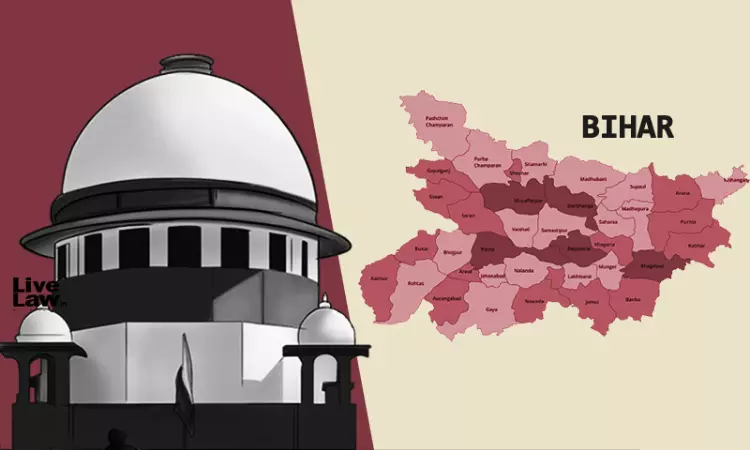Supreme Court Disposes Of Bihar Govt's Plea Against Stay On Caste-Based ‘Census’ In View Of Patna HC Reserving Judgment
Awstika Das
21 July 2023 8:07 PM IST

The plea against a temporary stay ordered by the Patna High Court while it determined the competence of the state government to conduct the survey has now become infructuous.
Next Story


